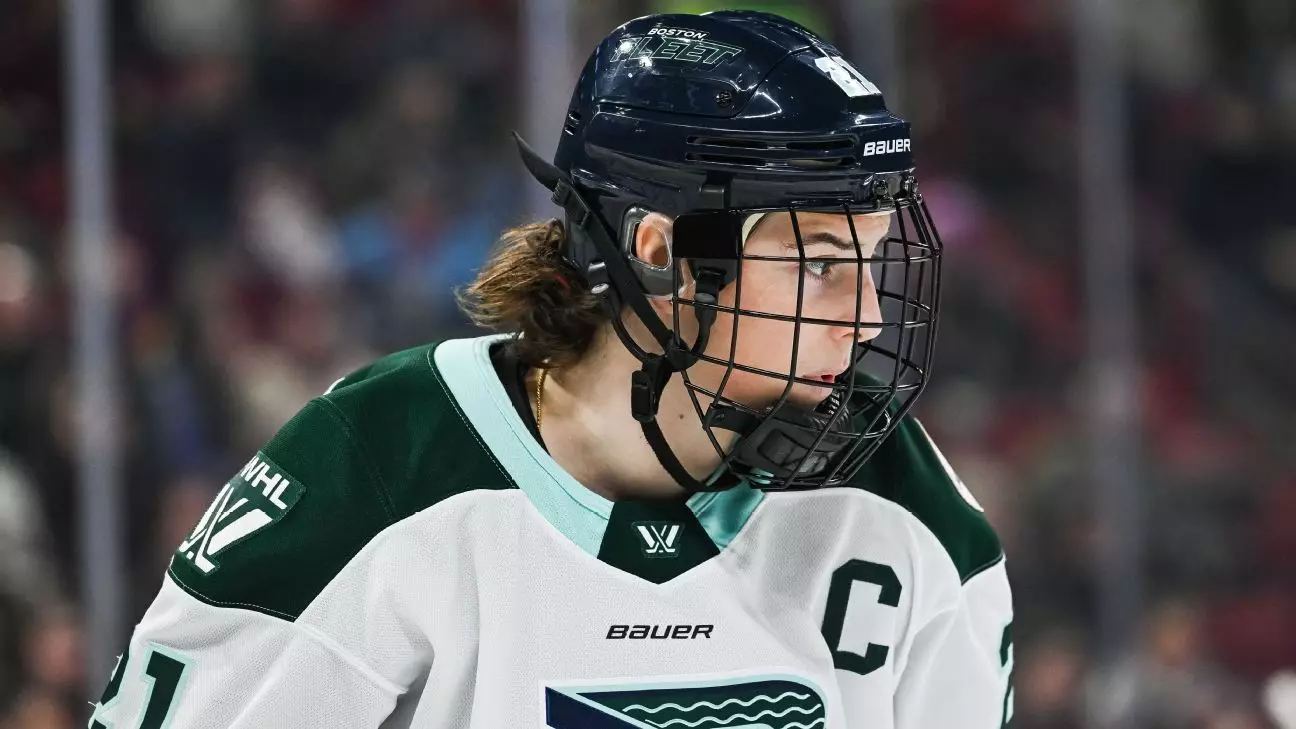The hiring of Kris Sparre signals a bold new direction for the Boston Fleet and the broader landscape of women’s professional hockey. This franchise’s decision to appoint a coach with minimal direct experience in the women’s game sparks both curiosity and skepticism. While this move may seem unconventional, it could reflect a strategic gamble aimed at infusing fresh energy and a different perspective into the team. Sparre’s background in North American minor leagues, European leagues, and development-oriented coaching positions indicates he brings a comprehensive understanding of player growth, competitive dynamics, and team building. Yet, the absence of direct women’s hockey experience raises questions about how well he will adapt to the nuances of the league’s competitive environment and culture.
The Significance of Leadership Without a Traditional Baggage
One of the most compelling aspects of Sparre’s appointment is his outsider status in women’s hockey. Historically, coaching in the sport has been dominated by women or those with extensive senior-level experience within the women’s league. Sparre’s entry could mark a turning point, illustrating that leadership qualities and strategic insight can transcend gender-specific pathways. His previous tenure with teams like Red Bull Salzburg and the San Diego Gulls demonstrates his ability to navigate different hockey cultures and philosophies. Far from a liability, this diverse background could allow Sparre to bring innovative tactics and player management techniques to the PWHL, potentially disrupting traditional coaching paradigms.
Challenges and Opportunities in Building a Contender
The Boston Fleet are at a crucial juncture, tasked with retooling their roster after losing their star captain Hilary Knight. Replacing a league MVP finalist with nearly 30 points in the previous season is no small feat, and it underscores the high expectations placed on Sparre and his team. His ability to foster player development and create a cohesive culture will be under scrutiny, especially as he attempts to forge a resilient and adaptable squad. The team’s effort to assemble a roster capable of contending in a league rapidly gaining attention highlights a broader truth: success in professional sports increasingly depends on innovative leadership and strategic vision. Sparre’s role will be to cultivate that, drawing on his broad coaching background and relationship-driven approach.
The Narrow Gap in Female Leadership in Professional Hockey
The fact that only two women serve as head coaches within the PWHL underscores a significant gender disparity in leadership roles. Sparre’s appointment, while noteworthy, also accentuates that progress in promoting women to coaching positions remains slow. For the league to truly evolve and embody the values of diversity and inclusion, cultivating female leadership as a norm is essential. Within that context, Sparre’s hiring becomes more than just an operational decision; it sparks an ongoing debate about what kinds of leadership models can best serve the development of women’s hockey.
Looking Forward: Transformation or Tradition?
Ultimately, the value of Sparre’s appointment will hinge on his ability to translate his diverse experience into success on the ice. His challenge will be to quickly adapt to the league’s unique dynamics and earn his players’ trust—a vital element in any coaching relationship. If he manages to foster growth, inspire performance, and help craft a competitive team, his impact could extend well beyond the Boston Fleet. This moment offers an opportunity to redefine what leadership in women’s professional hockey can look like. It’s a gamble, certainly—but one that could potentially reshape the future of the sport’s coaching landscape.

